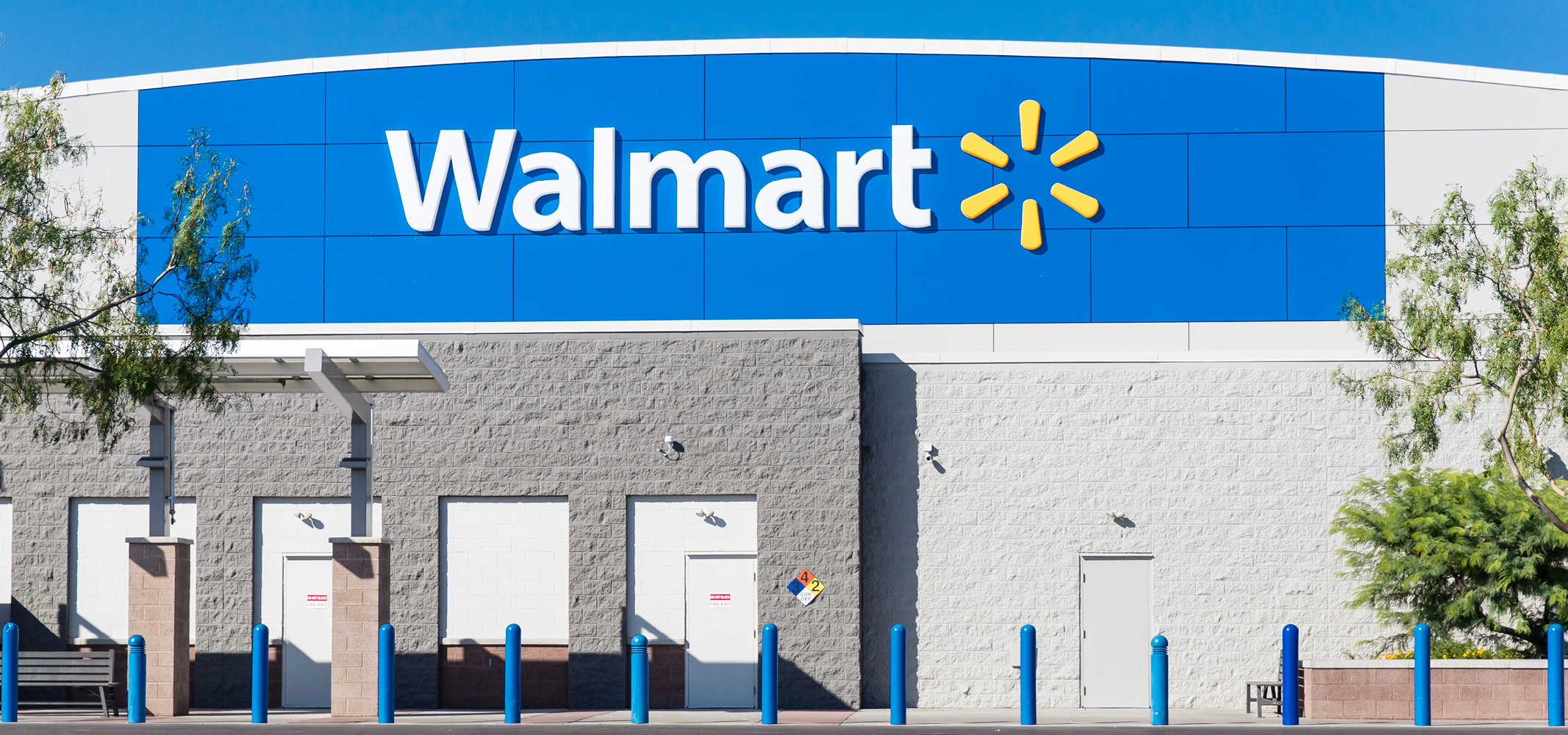Master nodes are one of the many ways to make money in the crypto and block chain world.
A master node is comparable to any other node, a server within a decentralized network. The nodes are important because they can process transactions and store the block chain. However, unlike other nodes, master nodes can perform tasks.
These include:
– Processing anonymous and confidential transactions
– Immediate transactions
– Are entitled to participate in governance and have voting rights
The tasks and voting rights of a master node can vary greatly and depend on the respective platform. Additional functions are intended to provide more security and scalability for the network. The high investment limit prevents monopolization and centralization. The operators of master nodes receive additional rewards for additional tasks. Quantity and frequency are platform dependent. The best known and first block chain platform that introduced master nodes was Dash.
What is required to operate a master node?
Once you have chosen a block chain platform, the first and biggest challenge is to have the minimum number of coins required. The platform itself determines this number, the platform does this to make sure that the Masternode operator will act in the best interest of the platform. If you have the necessary capital, practically anyone can operate a master node.










Leave A Comment
You must be logged in to post a comment.